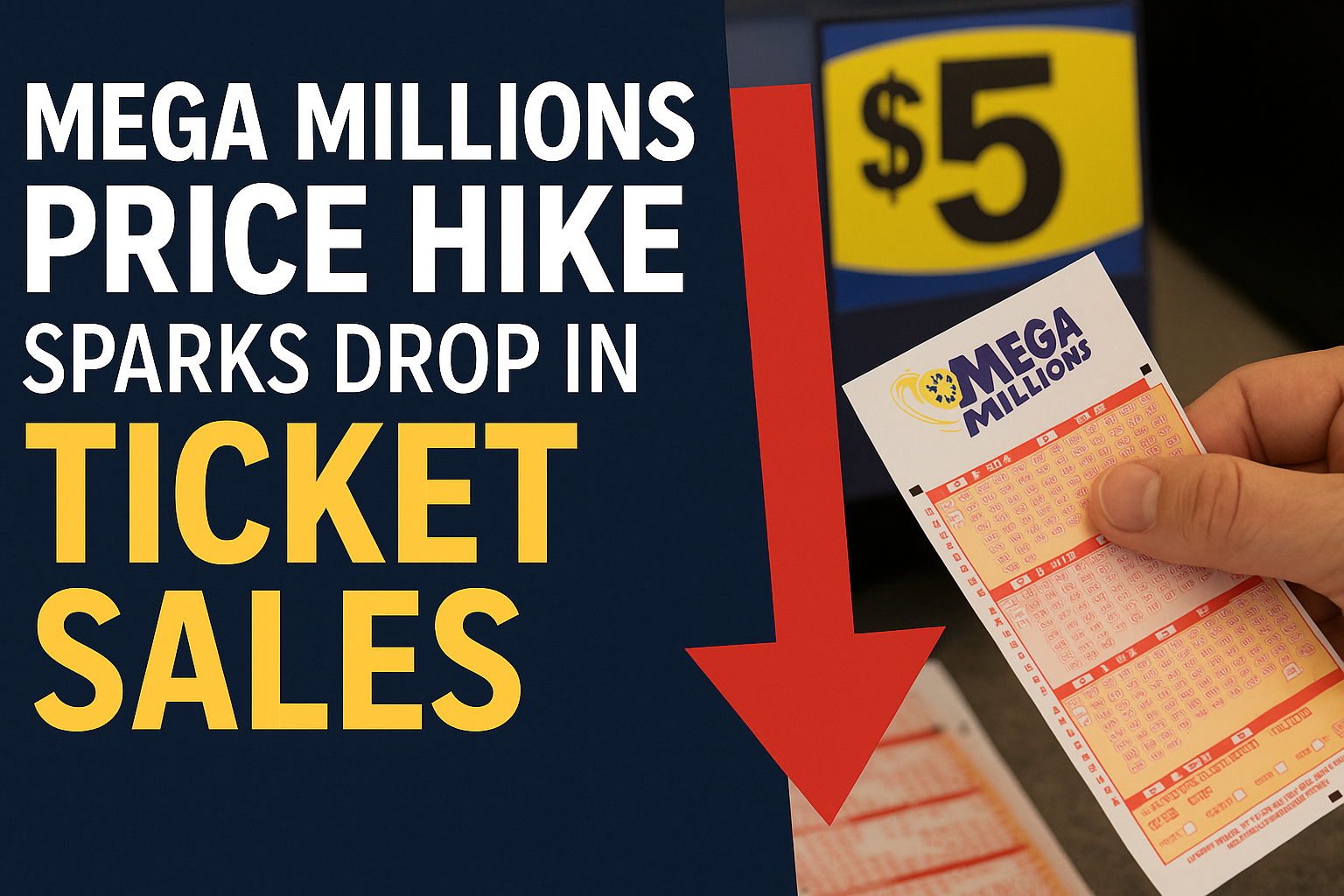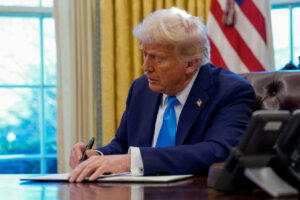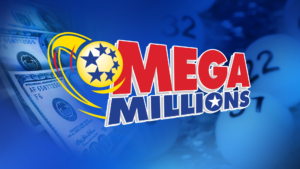In the months following the Mega Millions ticket price increase from $2 to $5, players across the country are buying fewer tickets, raising eyebrows among economists, casual players, and lottery officials alike.
The ticket price adjustment, which took effect on April 8, 2025, was the first hike in over a decade. According to the Multi-State Lottery Association, the change was intended to increase overall jackpot sizes and bolster funding for state-run programs supported by lottery revenue. But early sales data tells a more complicated story.
According to preliminary figures released by the Massachusetts State Lottery Commission, ticket sales across the Commonwealth have dropped by nearly 18% compared to the same period last year. Other states have reported similar declines, including New York (-16%) and Ohio (-21%).
“It’s not surprising,” said Dr. Carla Mendez, a behavioral economist at UMass Amherst. “People play the lottery with the hope of a massive windfall, but when you raise the cost of entry without immediately raising the perceived value—like a record-breaking jackpot—you’ll see a sharp dip.”
Indeed, the Mega Millions jackpot has reached $300 million or more only once since the price increase. Historically, sales tend to surge when the jackpot climbs above $500 million, drawing in casual and first-time players. Without those headline-grabbing prize pools, the new $5 cost appears to be turning off many everyday buyers.
“Before, I’d buy two or three tickets every draw,” said Gary Thomason of Athol, Massachusetts. “Now I just get one—if any. Five bucks a pop adds up fast.”
But lottery officials argue that fewer tickets don’t necessarily mean lower revenue.
“While we are seeing fewer individual tickets sold, overall revenue has remained relatively stable,” said Jennifer Harte, spokesperson for the Massachusetts Lottery. “We’ve also seen an increase in sales for subscriptions and multi-draw options, which may reflect a more strategic, long-term approach by core players.”
The hope, Harte says, is that larger jackpots will eventually drive more excitement and engagement. Some experts agree that this could be a temporary adjustment period as players adapt to the new pricing model.
Still, critics argue the price hike could undermine public trust in a game already facing scrutiny over odds and transparency.
“The lottery markets itself as a game for the everyday person,” said state Rep. Marcus Lively (D-Springfield), who has called for an independent review of the impact of the price hike. “When you start raising prices in the middle of an affordability crisis, you’re going to drive people away—or worse, into deeper financial stress.”
For now, the future of Mega Millions hangs in a delicate balance. Lottery officials hope upcoming summer jackpots will re-ignite interest. But unless the promise of larger prizes becomes reality, some fear the game may lose the casual player it once relied on.


















